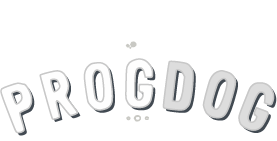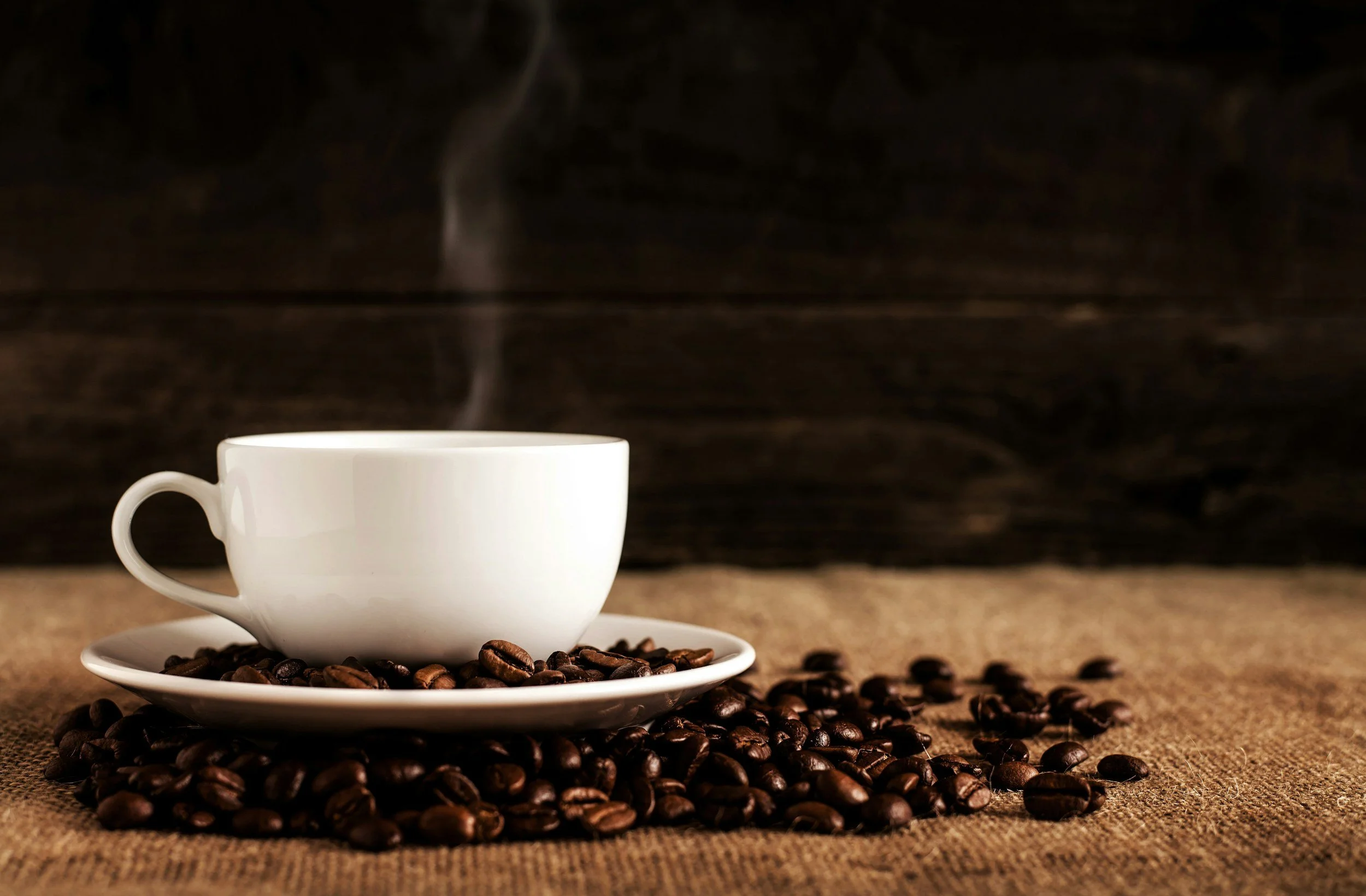Ten Foods To Avoid Giving Your Dog This Christmas
Christmas is such an exciting time where most of us can relax, put our feet up a little and enjoy lots of lovely food. Some of our festive favourites can be dangerous for our dogs however. To enjoy a safe and happy Christmas for you all, it’s important to know what foods are harmful to dogs. Here are 10 Christmas foods to avoid giving your dog, along with helpful tips for keeping them safe.
Chocolate
There’s lots of chocolate about during Christmas! Unfortunately, chocolate is one of the most well-known dangers for dogs. It contains theobromine which dogs cannot metabolise, leading to symptoms like vomiting, diarrhoea, increased heart rate and even seizures in some cases. Be especially careful with dark chocolate, as it contains higher levels of theobromine.
Tip: Keep all chocolate desserts, sweets and even hot chocolate drinks well out of reach of your dog and tell the children not to leave chocolate treats around the house.
Grapes & Raisins
Grapes and raisins, often found in Christmas cakes, Christmas pudding, cookies, mince pies and general puddings, can cause sudden kidney failure in dogs. Even a small amount can be dangerous, so it’s best to avoid giving your dog any food containing them.
Tip: Be extra cautious with holiday fruitcakes or mince pies that may contain hidden raisins.
Onions
Onions, found in many Christmas dishes, are toxic to dogs. They can cause damage to red blood cells, leading to anemia. This includes all forms of onion from raw, cooked, powdered or dried, so make sure your dog doesn’t accidentally eat stuffing, gravy or roasted vegetables that contain them.
Tip: Keep foods seasoned with onions off your dog’s plate.
Alcohol
Alcohol is extremely dangerous for dogs. Even a small amount can cause serious harm. Symptoms include vomiting, disorientation and breathing difficulties. Dogs are often attracted to the smell of alcohol, so be careful to keep glasses and bottles out of reach.
Tip: Dispose of any leftover alcoholic beverages immediately to prevent accidental consumption.
Xylitol
Xylitol is an artificial sweetener (sugar substitute) known for its sweet taste that is found in many sugar-free foods. It is also commonly found in baked goods, chewing gum, cough syrup, supplements and sweets. In dogs, it can cause a sudden release of insulin, leading to low blood sugar, seizures, and even liver failure.
Tip: Always check ingredient labels and ensure anything containing xylitol is kept well out of your dog’s reach.
Cooked Bones
While it may be tempting to give your dog a leftover turkey, ham or chicken bone, cooked bones can splinter easily and cause choking, blockages or tears in the digestive tract.
Tip: Stick to dog-safe chew toys, raw bones if your dog is raw fed or treats designed for chewing instead of offering cooked bones.
Macademia Nuts
Macadamia nuts, often found in cookies, holiday desserts or in bags of nuts can be extremely toxic to dogs. They can cause weakness, vomiting, tremors and hypothermia. Avoid any nuts that contain macadamia and be cautious with nut mixes around the house.
Tip: Store Christmas nut dishes and snacks out of your dog’s reach.
Blue Cheese
Blue cheeses such as Stilton or other strong cheeses like Roquefort, contain a substance called roquefortine C, which can be toxic to dogs. Ingesting even a small amount can cause vomiting, diarrhoea, high temperatures and seizures.
Tip: Keep cheese boards containing blue cheese or similar varieties away from your dog and opt for dog-safe treats instead.
Nutmeg
Nutmeg, a common spice in Christmas baking, contains a compound called myristicin that can cause hallucinations, increased heart rate and seizures in dogs. Foods like eggnog, spiced puddings and pies often contain nutmeg, so it’s best to keep these out of your dog’s diet.
Tip: Ensure your dog doesn’t have access to baked goods or desserts that use nutmeg.
Caffeine
Caffeine, found in coffee, tea and even some Christmas desserts such as tiramisu or chocolate-covered espresso beans, is highly toxic to dogs. It can cause restlessness, rapid breathing, heart palpitations and muscle tremors.
Tip: Keep all caffeinated beverages and desserts well out of reach of your dog and be mindful of coffee spills that your dog might try to lick up.
Other foods to be mindful of, especially if your dog has an intolerance to certain things:
high fatty foods/meats
dairy products if your dog is lactose intolerant
raw dough
sugary desserts
large amounts of poultry skin
Many Vets will say that dogs are commonly admitted during Christmas time after having eaten toxic foods. If you’re ever unsure, stick to dog treats and chews that you know are dog safe. If your dog has eaten any of the above, contact your Veterinary Surgery immediately.
Keep your dog safe this Christmas and have a wonderful time together. Merry Christmas and Happy New Year to each and every one of you.
If you need help with dog training or puppy training, head to the Book Now button to get in touch with and chat to Jo.
Thanks for reading xx










